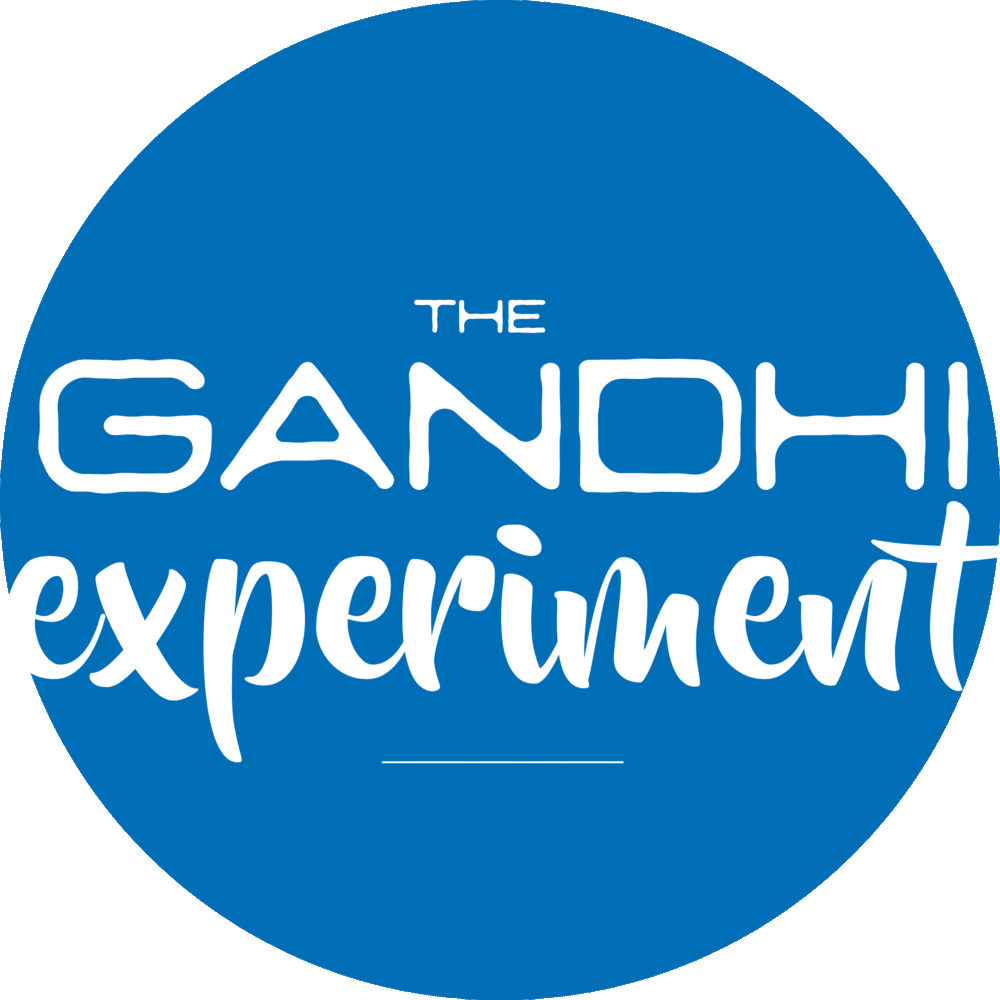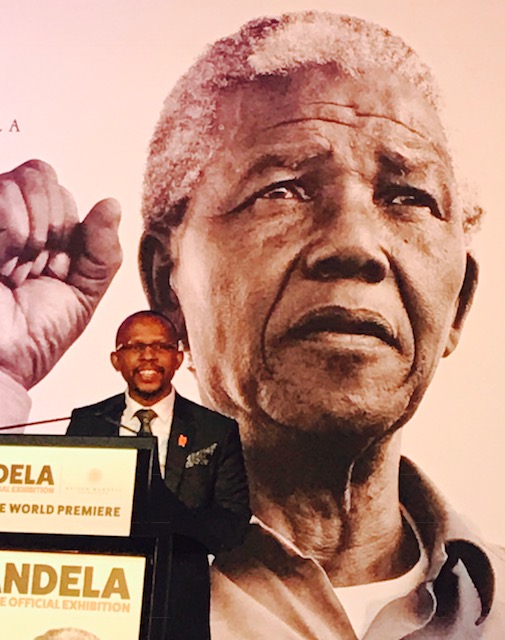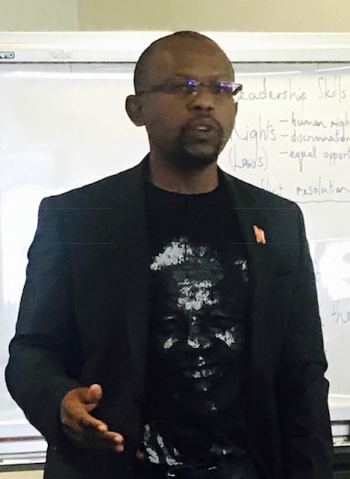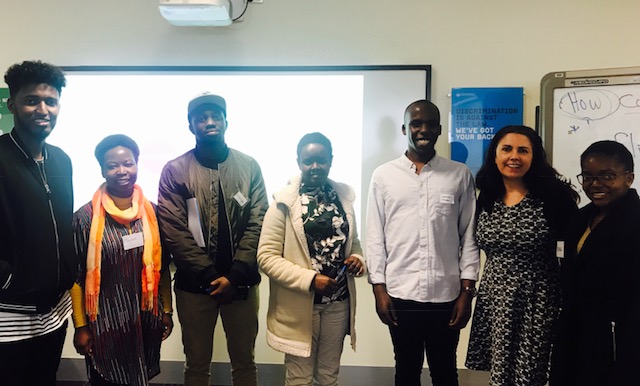HANDS UP FOR WOMEN'S RIGHTS! These boys are speaking up!
This was incredibly heart-warming.
Having discussed and shared activities in my Leadership Within workshop, it was time for an Open Space activity. The idea was to allow these Yr 6 Heidelberg Primary students to lead their own discussion groups through topics of their own choosing, and then to create actionable and solution- focussed steps.
Students stepped forward to lead groups on topics such as 'Ending poverty,' 'Raising student voices', 'Equality,' 'World Peace,' 'Reducing bullying,' and 'Animal Rights'.
Then one young boy stood up. 'I want to lead a group on Women's Rights.'
'Excellent', says I, beaming at him.
When we had all the topics sorted - 11 in all, the rest of the year level got to choose which group they would go to.
Six boys joined the Women's Rights group. It became an all boys group, and I wish you could have all been privy to the mature, rational and inspiring conversation that ensued.
Congratulations to the teachers and parents of these boys for raising such consciously aware individuals.
Cheery blessings,
Marg
Margaret Hepworth is the founder of The Gandhi Experiment. Margaret facilitates Global Citizenship and Leadership Within workshops across Melbourne schools and internationally.








